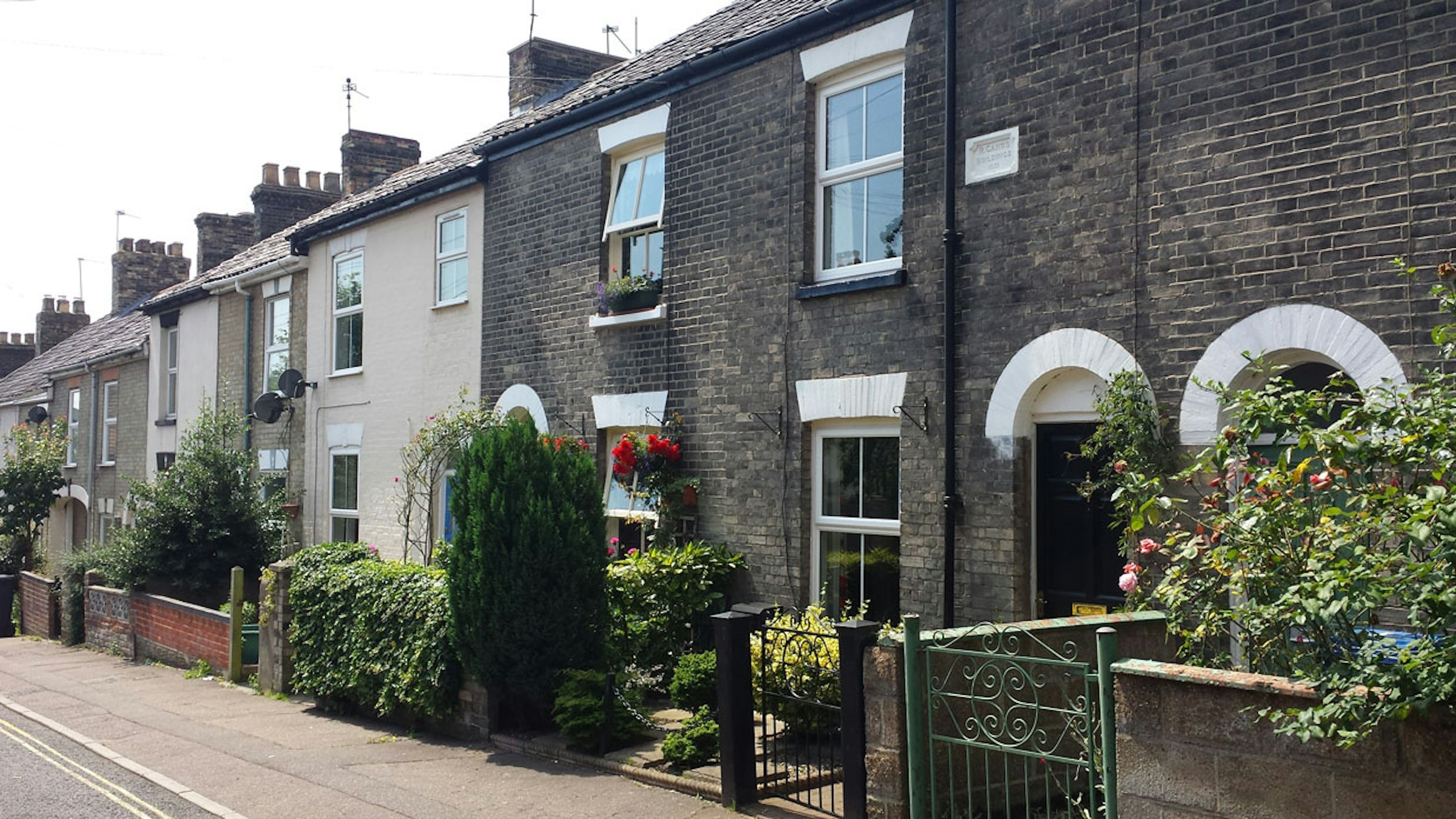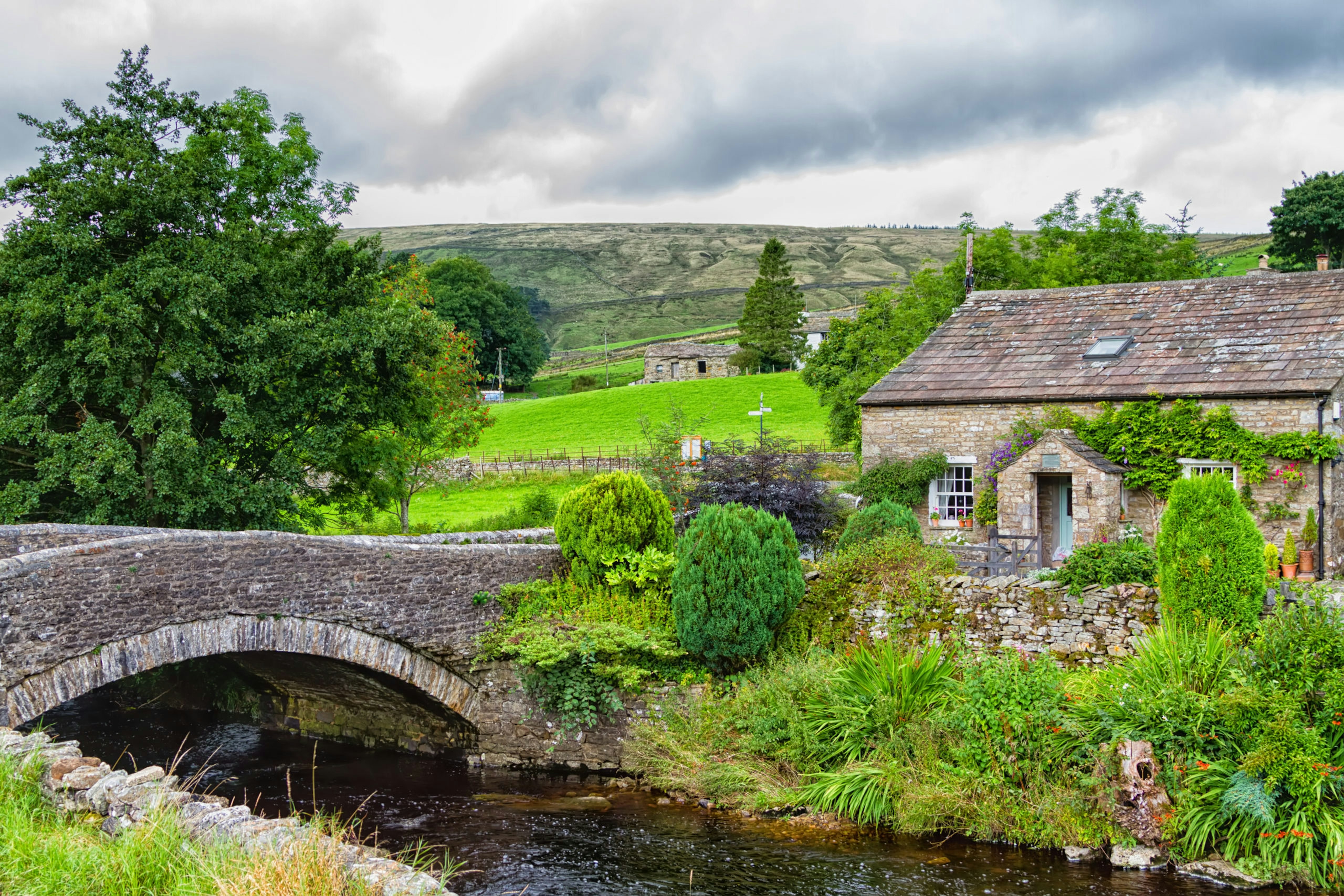Is buy-to-let better than a holiday let?
If you rent out property or are considering doing so, you may have considered which rental model makes the most sense: holiday rentals or buy-to-let.
21.10.25

It’s a question that’s become highly topical in recent years. In 2017, individual buy-to-let landlords (as opposed to companies) began to lose their generous mortgage interest relief in favour of a smaller tax credit. Returns were further squeezed by rising levels of regulation, compliance, and other costs.
By contrast, holiday rentals were experiencing a surge in popularity. Not only did the Furnished Holiday Lettings (FHL) tax regime continue to allow property owners to claim mortgage relief, but there was also a significant increase in ‘staycations’ driven by online platforms such as Airbnb, fuelled by the COVID-19 pandemic. Between 2018 and 2021, the number of holiday lets in England increased by 40%, with such homes comprising up to 7% of the housing stock in some sought-after destinations. Despite the rise in popularity of holiday lets, in 2024, these buy-to-let properties accounted for around one in five UK households.
This began to change again in April 2025. From that date, the more favourable FHL tax regime was abolished. This levelled the financial playing field between those who rented out holiday lets and traditional buy-to-let properties. It also caused people to consider whether buy-to-let is better than a holiday let. In this article, we look at the pros and cons of both – helping you to decide which is best for you.
The appeal of holiday lets and their potential downsides
There’s no denying that there are appealing reasons for owning a holiday let. The following are among the key motivations for investing in a vacation rental.
A potential for higher income during peak seasons. If your property is located in a popular tourist area, you can charge significantly more than you would for a standard rental. During the summer and other holidays, you may be able to charge very profitable nightly rates. If your holiday home is located near popular events, such as Wimbledon, Formula 1, or major concerts, demand can drive prices up.
You can use the property yourself or lend it to friends or family. Your rental can be part investment and part lifestyle. If it is on the coast, in the countryside, or somewhere else you love to be, then you can enjoy it yourself. However, make sure you are aware of the legal requirements for holiday lets. If you don’t let your property for a certain number of days per year, you won’t benefit from paying business rates instead of the more expensive council tax.
It’s easier than ever to market your property. Thanks to popular online platforms like Airbnb, Booking.com and Vrbo, you can now market your property to huge numbers of people at a relatively low cost.
That said, there are possible downsides to owning a holiday rental. It can be challenging to rent out some properties when it’s not peak season, meaning you’ll need to charge less during those times to avoid empty periods. Unless you use a holiday letting agent (which will take a cut of any proceeds), you also need to put in more time and effort to manage a holiday let. For example, you’ll need to handle frequent changeovers, be responsive to guest communication, and keep on top of your marketing and managing website listings. You’ll also face increased expenses such as cleaning, maintenance, advertising fees, broadband, and utility bills.
Other drawbacks of holiday rentals include increased levels of wear and tear on furniture, fittings, and fixtures due to the high turnover of guests. This can mean that you need to budget for more frequent repairs or replacement of items.
By contrast, if you have good tenants in a buy-to-let property, the day-to-day effort in running the property will be comparatively less.
As a holiday let landlord, you also need to make sure you have suitable insurance. Standard landlord insurance will not cover a property used as a holiday let. Instead, you’ll need specialist holiday let insurance. It’s particularly important to make sure this cover includes adequate liability cover in case guests or anyone involved in servicing the property is involved in an accident, or damage occurs to their belongings.
Advantages of buy-to-let properties
The key benefit of a buy-to-let is that you can rely on a steadier and predictable income. Long-term tenants usually pay you monthly until the end of their tenancy, giving you a consistent and regular income that allows you to plan. However, there are other significant advantages, including:
Less intensive management. Once the tenancy is set up, you should have much less work and admin to do than a holiday let owner. You may also find it cost-effective to hire a letting agent to handle much of the ongoing work, such as rent collection, repairs, and tenant issues.
Lower operating costs. Utilities are often separate from the rent amount and paid by the tenant directly, while stable, longer-term tenants mean fewer cleans at changeover.
Reduced wear and tear. Good, longer-term tenants tend to treat your property as their home, taking care of it and causing less rapid degradation. This cuts down your redecoration, upgrade, and item replacement costs.
Simpler insurance. For a standard rental property, buy-to-let insurance is likely sufficient for your needs. However, you may want to consider additional policies, such as rent guarantee insurance or home emergency cover.
As with running a holiday let, a buy-to-let landlord also needs to ensure they comply with the legal requirements of renting a property.
A comparison of buy-to-let vs. holiday let
To help you compare the main features of buy-to-let properties and holiday homes, we’ve put together this table.
Feature |
Buy-to-let |
Holiday home |
|---|---|---|
Income stability |
More stable, consistent |
Seasonal, highly variable |
Management effort |
Less intensive; easier to outsource |
More intensive; more expensive to outsource |
Operating costs |
Lower overall costs |
Higher costs (utilities, cleaning, marketing etc) |
Wear and tear |
Lower |
Higher, due to frequent guest turnover |
Insurance complexity |
Simpler; standard policies usually sufficient |
More complex; specialist policies needed |
Personal use possibilities |
Limited or none |
Significant potential |
When might a holiday let be the right choice?
As we’ve seen, there are pros and cons to holiday lets and buy-to-let properties. Both can be excellent investments, but you may find that a holiday home is a better fit if:
You place a high value on personal use. In other words, you want a property you can enjoy for short breaks as well as to rent out and receive an income from.
You have the time or budget to manage the property. Holiday lets can require a significant amount of work, especially during peak seasons. This can be manageable if you live near the property, but if you live at a distance or don’t have the time to manage it yourself, you’ll need to budget for outsourcing most of the property's management.
The property is in a popular location. If you have a holiday home in a highly sought-after location, you should find it easy to attract guests and charge a premium for the area.
You have the time to invest in marketing the property. Platforms like Airbnb, Vrbo, and Booking.com make it much easier to find guests, but you’ll often need to work hard to stand out. Aim to provide a quality service that results in excellent guest feedback after each visit.
H2: Insurance considerations for your investment
Whether you decide to opt for a holiday let or a buy-to-let property, it’s essential to obtain the right insurance. Incorrect or inadequate cover can expose you to risks that could ruin your finances if things go wrong.
There are many different types of buy-to-let and holiday home insurance policies (the latter is also sometimes called second home insurance). Below is a table that helps you understand the key types of cover you should look for within a policy.
Property type |
Key insurance covers to consider |
|---|---|
Buy-to-let |
Building insurance (structural damage, flood, fire, etc) Landlord liability insurance (injury to tenants or visitors) Rent guarantee insurance (protects your income if a tenant stops paying rent, and provides assistance with eviction) Legal expenses cover (in case of problematic evictions and legal issues - can be taken out standalone or with rent guarantee insurance) Contents insurance (if you have furniture, appliances, or other items in the property) |
Holiday let |
Building insuranc,Public liability insurance (injury to guests or workers) Employers’ liability insurance (injury to employees) Contents insurance (for furnished holiday lets) Loss of income cover (in case of an insured event that prevents guests from staying in the property) Malicious damage cover (this is usually optional, but you can’t always predict how guests will behave) |
If you employ anyone in relation to the management of your property, you are legally required to have adequate employers’ liability insurance.
If you are unsure about the type of cover you need, consult a specialist landlord insurance broker like Alan Boswell Group with expertise in both types of insurance.
Should I choose a holiday home or buy-to-let?
As you’ve seen, there are plenty of pros and cons to owning a holiday home or a buy-to-let property. In brief, buy-to-let properties generally require less regular input and can provide you with a steady income. Holiday lets require more work (or a higher investment in property management), but if they are in a popular location, they can yield high returns during holidays and other busy periods.
Whichever you choose (and there’s nothing wrong with choosing both), you must choose adequate buy-to-let insurance or holiday let insurance. That way, if things do go wrong, you minimise the risks to your finances and protect your investment. To find out more, speak to our expert team on 01603 216399.
Need help with your insurance?
Whichever you choose (and there’s nothing wrong with choosing both), you must choose adequate buy-to-let insurance or holiday let insurance. That way, if things do go wrong, you minimise the risks to your finances and protect your investment. To find out more, speak to our expert team or send us an email.
Send an enquiry
This depends on many factors, but the more popular the location of your holiday home, the more competition there will be to find reliable cleaners and maintenance staff. Certainly, if you do find good workers, do all you can to keep them! Before you invest in a property, it’s a smart idea to do some research about how much it will cost you to outsource help. It’s essential to find trustworthy individuals, particularly since your reputation depends on maintaining clean properties and responding promptly to guest enquiries.
As a buy-to-let landlord, you need to know how to find good tenants and spot the warning signs of a bad tenant. As a holiday let owner, you will have a much higher turnover of guests, making it much harder to do thorough checks. That said, if you use an online platform like Airbnb, always check a potential guest’s previous feedback. If you want maximum peace of mind, it’s a good idea to take out malicious damage cover.
If you want to reduce the likelihood of difficult guests or receiving negative reviews, vet potential customers carefully and do everything possible to provide them with an exceptional service. Good communication, clear house rules, and fast action if things go wrong can go a long way towards protecting your reputation as a holiday home host.
Usually, yes. Holiday let mortgages are often considered higher risk by lenders due to the variability of income and increased wear and tear. Rates and terms may be less favourable. Additionally, lenders may require higher deposits or request a specific business case that demonstrates the levels of occupancy you can attract.
The furnished holiday letting (FHL) regime, until its abolition, was more tax-efficient for individual owners than traditional buy-to-let. Currently, tax implications for holiday lets can be more variable than those for traditional rental properties. For example, holiday home occupancy rates will determine whether you are charged business rates or council tax. We strongly recommend seeking expert advice from an accountant or other specialist in holiday let finance before purchasing a property.
Related guides and insights

Is buy-to-let worth it?
Buy-to-let landlords: what are the risks and rewards of buying a rental property? If you are thinking of becoming a landlord, make sure you know what’s expected of you and how to make the most of your investment.

Is AirBnB classed as buy-to-let?
What are the differences between an Airbnb rental and a traditional buy-to-let, and how does it affect mortgages, insurance, and tax?

Guide to buying and renting out a holiday let
If you’re considering buying and renting out a holiday home there’s plenty to think about. In this comprehensive guide we’ll explore every aspect to buying a holiday home and successfully renting it out.

Second home insurance
There are different types of second homes, from holiday homes to properties undergoing renovation. We look at the most suitable types of insurance for each.
